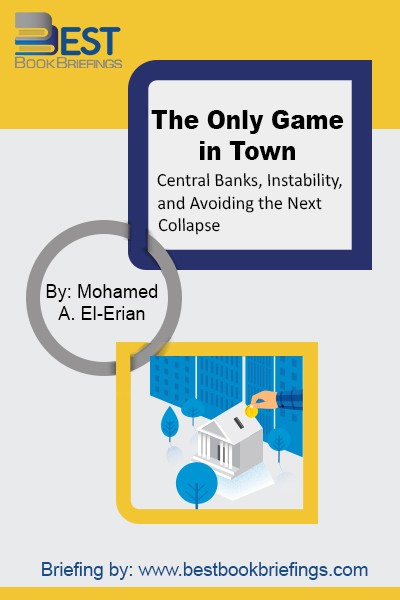The Only Game in Town
Central Banks, Instability, and Avoiding the Next Collapse
Number of pages: 320
Publisher: Random House
BBB Library: Economics and Investment
ISBN: 978-0812997620
Editorial Review
The global financial crisis that shook virtually every country, government, and household in the world in 2008-09 gave way to a frustrating “new normal” of low growth, rising inequality, political dysfunction, and, in some cases, social tensions, so much so that the path of the global economy is likely to end soon, and potentially quite suddenly. As we approach this historic inflection point, unthinkables will become more common and insecurities will rise, especially as it becomes clearer that, rather than transition smoothly and automatically, the current path could give way to one of two very different new roads.
Book Reviews
Books on Related Topics

Finally! A book about economics that won’t put you to sleep. In fact, you won’t be able to put this bestseller down. In our challenging economic climate, this perennial favorite of students and general readers is more than a good read, it’s a necessary investment—with a blessedly sure rate of return.
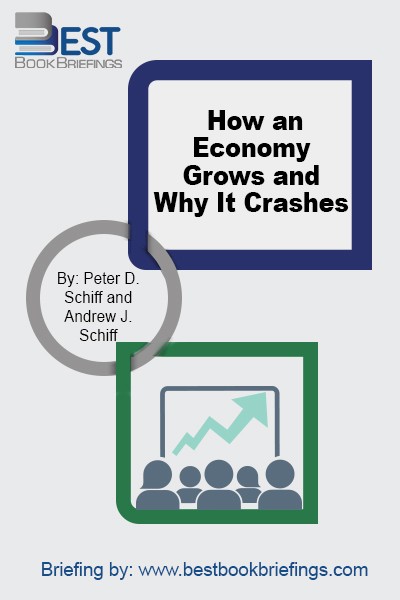
In 2007, when the world was staring into the teeth of the biggest economic catastrophe in three generations, very few economists had any idea there was any trouble lurking on the horizon. Three years into the mess, economists now offer remedies that strike most people as frankly ridiculous. We are told
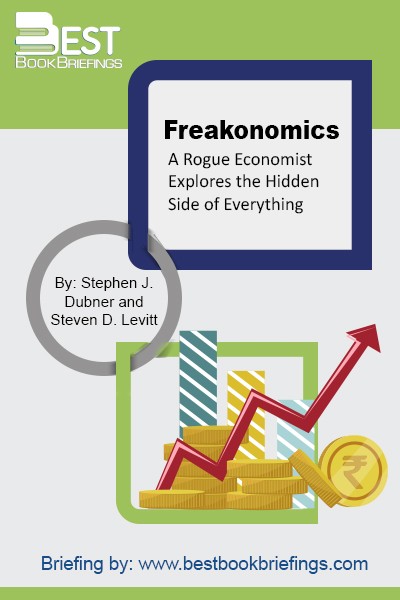
Incentives are the cornerstone of modern life. And understanding them or ferreting them out is the key to solving just about any riddle. It isn't just the boldface names inside-trading CEOs and pill-popping ballplayers and perk-abusing politicians¾who cheat. It is the waitress who pockets her tips instead of pooling them. It
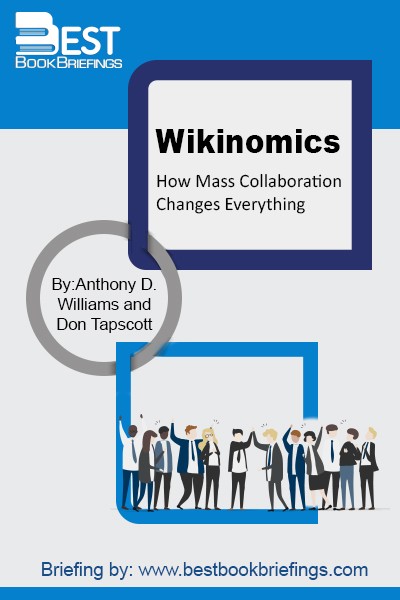
The idea of collaboration has always been used within the framework of board rooms, conferences, video conferencing and the likes. Yet now, the traditional scope of collaboration is moving into mass collaboration, in where millions and millions of individuals are able to play a role in the economy like never before.
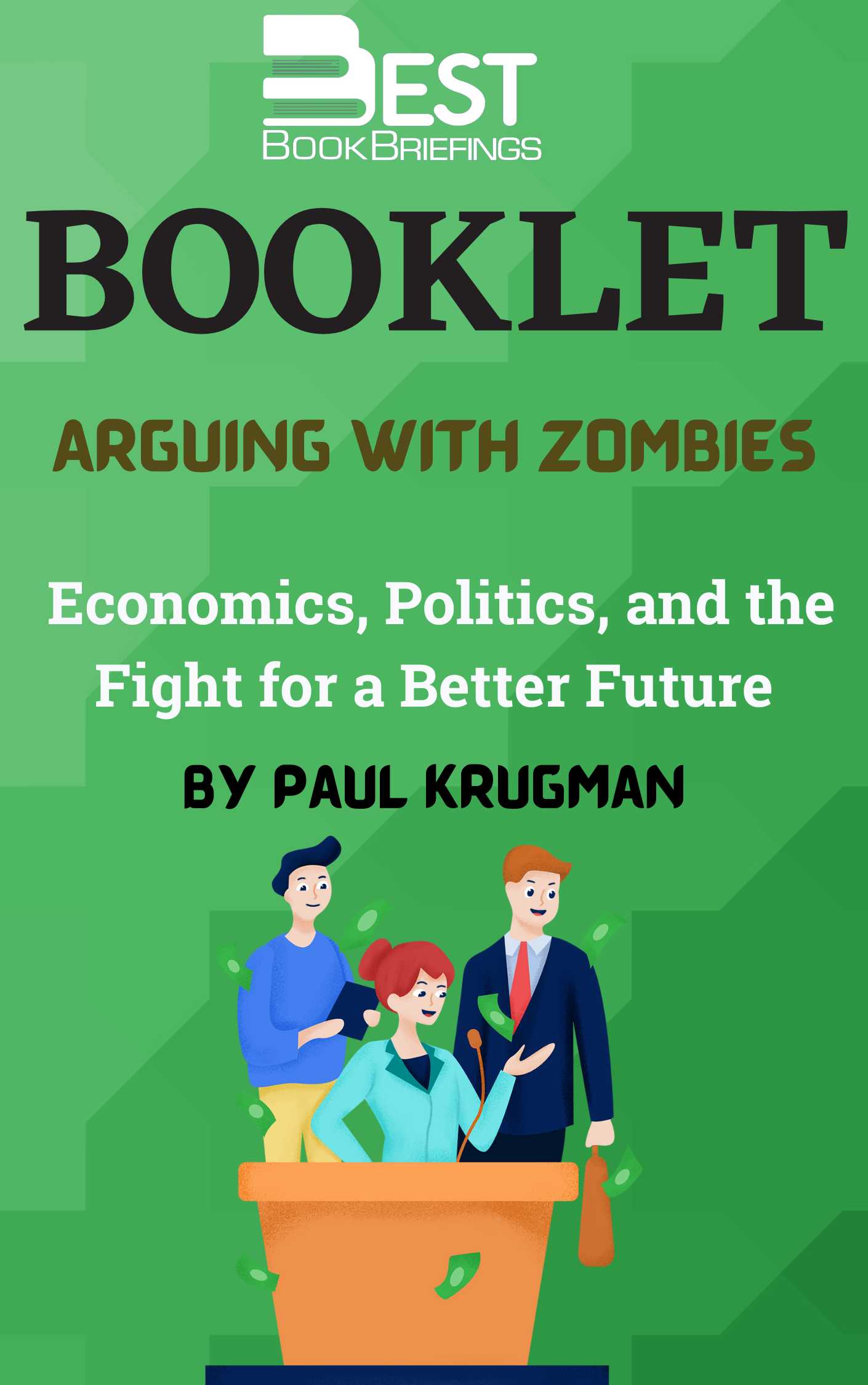
There is no better guide than Paul Krugman to basic economics, the ideas that animate much of our public policy. Likewise, there is no stronger foe of zombie economics, the misunderstandings that just won’t die. In Arguing with Zombies, Krugman tackles many of these misunderstandings, taking stock of where the United States has

If you are like most people, for the last 35 years you’ve been investing the Wall Street way. The Wall Street way tells that the proper way to invest is to own a selection of stocks and bonds, and no matter what happens, stay the course. They tell us not to

As a frequent contributor to Futures Magazine, MoneyMorning.com, Traders.com Advantage and other top financial publications, I know from experience that stock trading offers enormous profit potential for traders if you have the right tools for success. But, each year, millions of aspiring stock traders still come to the stock market but

